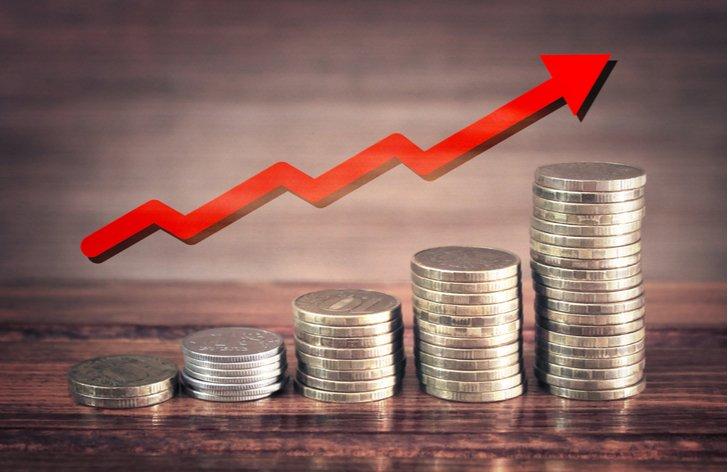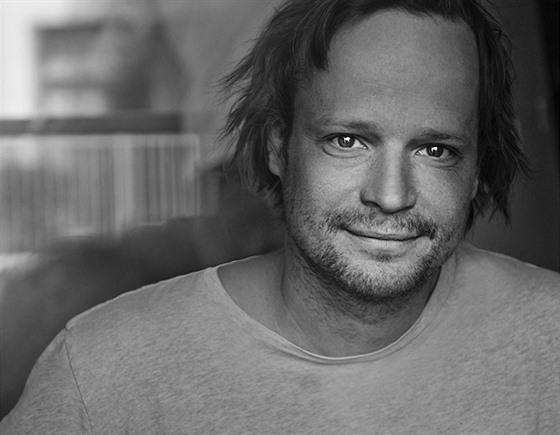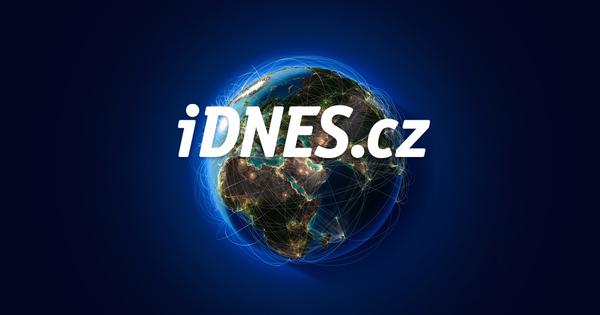
Health insurance will become more expensive for self-payers (OBZP). For the first time, he will pay over CZK 2,000 per month
An increase in the minimum wage will always please low-income categories of employees, if they keep their jobs even after the increase in wage costs for the employer - if the new amount of their wage is bearable for the employer, i.e. if they prefer not to fire the employee, or if they do not agree to transfer their cooperation into the realm of the gray economy, when an employee starts working illegally..., without an official contract, without tax and insurance contributions. We are not encouraging anyone to do so, in any case, but we are realists and we know how it works in practice.
However, the increase in the minimum wage will certainly please job seekers who, when they are no longer entitled to unemployment support (after the end of the support period - when they are no longer entitled to social benefits), earn in a permitted, i.e. legal, non-conflicting job.
We will talk about the changes for the working unemployed
for 2021 in more detail sometime next time - there will be more of those changes for next year, it will not only be an increase in the maximum permissible gross earnings, but also an increase in the possible earnings from which insurance premiums do not have to be paid – when neither the employer nor the employee himself pays the insurance premiums. We have already informed you about this in this article.
An increase in the minimum wage does not please employers
On the other hand, an increase in the minimum wage probably never pleases employers who employ employees whose work is of low value, and if they want to proceed in accordance with legal regulations, they must add , although their contribution to the company does not increase. And the so-called self-payers of health insurance, i.e. people without taxable income, whom we are focusing on this time, are equally unhappy.
Please don't take our word for it when we use an established vernacular abbreviation, self-payer, of course self-employed people pay for insurance themselves, that is, from their income, whereas they self-payer
they have to pay insurance even if they have no income.

The monthly minimum wage is the assessment basis precisely for health insurance contributions for these persons without taxable income. These are those people who are not employed for the entire calendar month, do not have income from self-employment, or do not pay insurance premiums for them (which are mainly dependent children, recipients of old-age and disability pensions, recipients of parental allowance, persons on maternity leave, registered job applicants by the labor office).
However, if a person is employed, runs a business as a self-employed person or is entitled to be a person for whom the state pays insurance premiums in the relevant calendar month, even for part of the month, or even just one day in this month, then he is not a person in that month without taxable income.
CZK 81 is not much, but it is the umpteenth increase in a row
In the case of persons without taxable income, this means, for example, students over 26 or the unemployed who are not registered at the labor office. These people must increase their mandatory health insurance contributions by CZK 81 after the increase in the minimum wage from January 1, 2021.
The minimum wage will increase from CZK 14,600 to CZK 15,200. Therefore, the amount of insurance premium calculated from it (13.5%) will increase to CZK 2,052 from the previous CZK 1,971. As the increase applies from 1 January 2021, the premium payment must be increased already for January 2021, but it is due no later than February 8, 2021.
Insurance premiums for persons without taxable income for a given calendar month are payable from the 1st day of this month to the 8th day of the following month. The day when the insurance premium is credited to the bank account of the health insurance company is considered the day of payment.
Debtors are at risk of penalties
In practice, it is precisely people without taxable income who are often debtors of health insurance when they neglect their obligations, and therefore it should be noted that in the event of late payment, the health insurance company will also assess a penalty in addition to the owed insurance premium (0.05% per day for each day of delay), he can do so for 10 years, as the right to prescribe the premium owed expires only 10 years after the premium is due. If you already have insurance debts from before, know that the remitted payments will be used primarily to pay fines and arrears of insurance premiums.
It's not enough to pay, you also have to log in, otherwise you can get an additional fine
It's not enough just to find the relevant health insurance company account and pay, you also have to fulfill your registration obligation. If someone newly falls into the category of persons without taxable income, then there is an eight-day period for registering in this category with the health insurance company.
For non-compliance with the prescribed deadline for the notification obligation, the health insurance company can apply a sanction against you in the form of a fine of up to CZK 10,000. The fine can be imposed within one year from the day when the health insurance company discovered the non-fulfilment of the notification obligation, but no later than three years from the time when the notification obligation should have been fulfilled.







